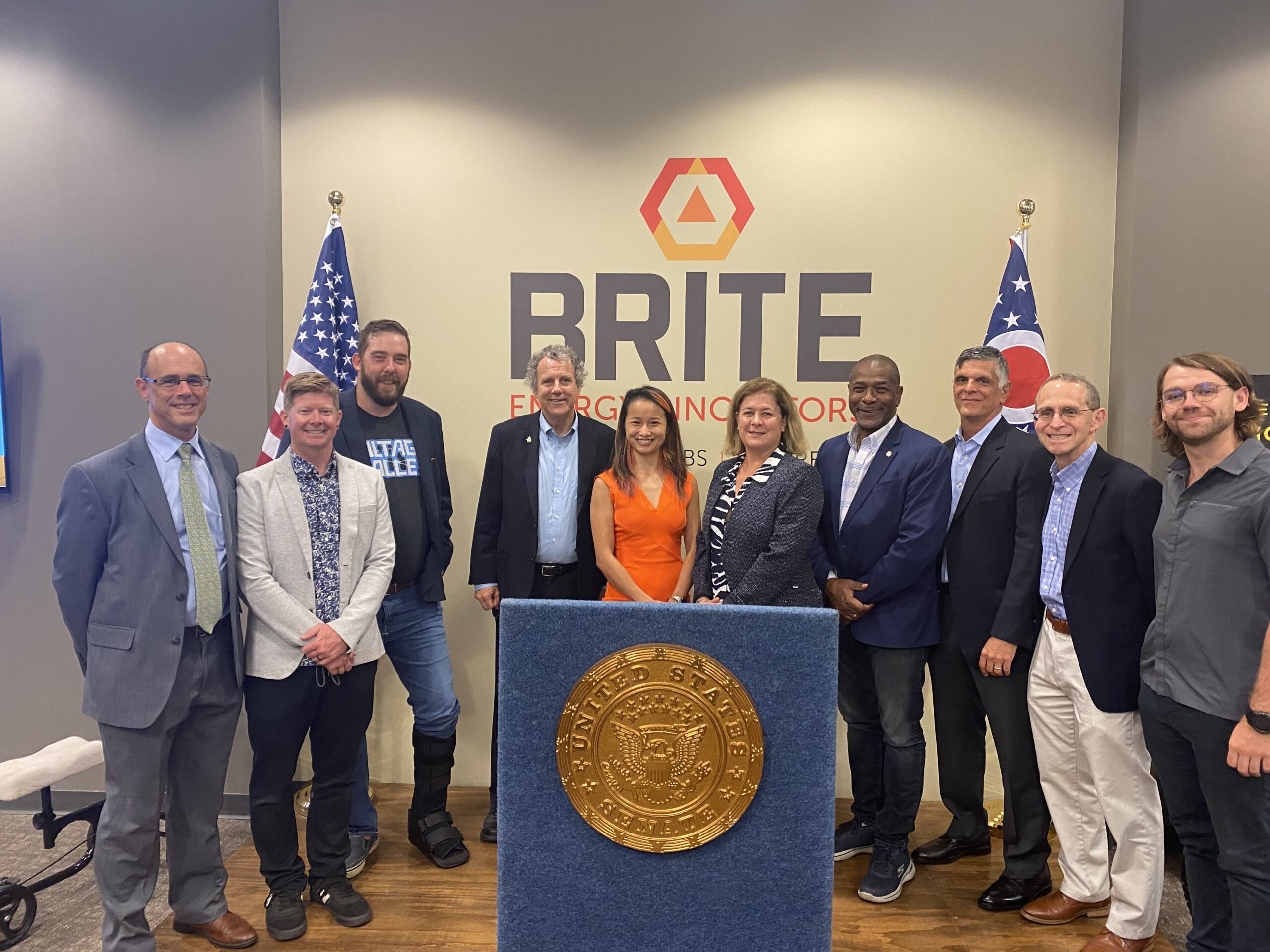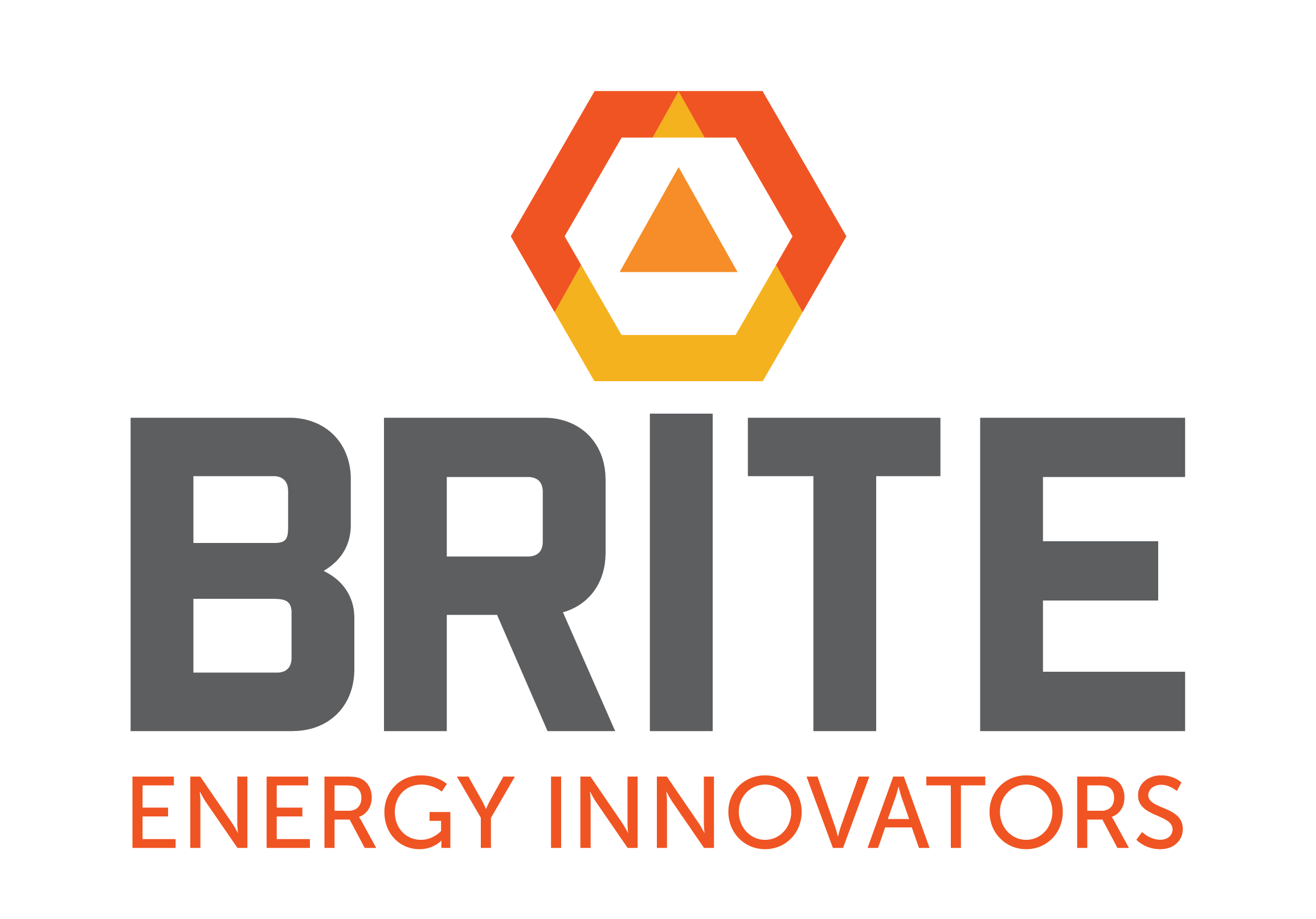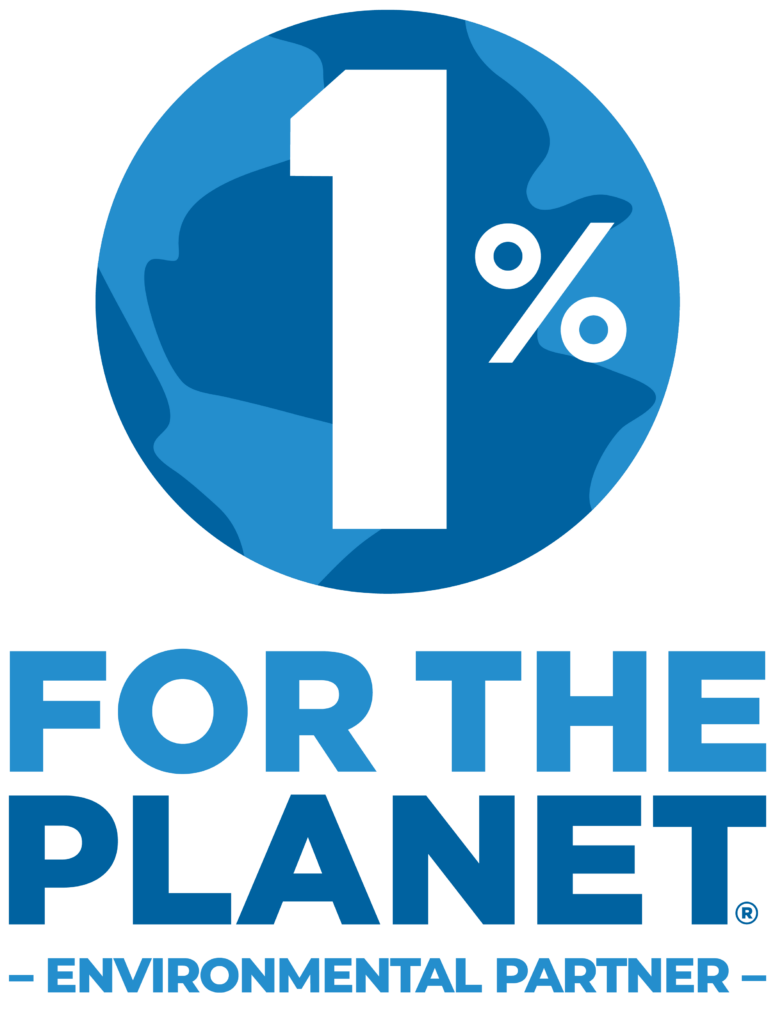WARREN — The $280 billion legislative package that boosts domestic semiconductor manufacturing and scientific research, the CHIPS Act, will also support organizations such as Warren’s BRITE Energy Innovators, and the companies the energy-related startup incubator helps.
It and another hulking spending bill, the $740 billion climate and health care bill, the Inflation Reduction Act, “finally put into a place a real industrial policy,” said U.S. Sen. Sherrod Brown, one that “puts American workers and American production first.”
Brown on Monday praised both at BRITE, where he toured the downtown lab and met with its leaders and some portfolio companies.
The CHIPS Act provides more than $52 billion in grants and other incentives for the semiconductor industry as well as a 25 percent tax credit for those companies that invest in chip plants in the U.S. It calls for increased spending on various research programs that would total about $200 billion over 10 years, according to the Congressional Budget Office.
The CBO also projected that the bill would increase deficits by about $79 billion over the coming decade.
It also includes the National Clean Energy Incubator Program, which supports energy incubators such as BRITE and $829 million over the next five year for the Manufacturing USA program, created in 2014 in one of Brown’s bills to create 15 manufacturing innovation hubs across the U.S.
“This is going to help nurture startups like the ones here at BRITE,” said Brown, D-Ohio. “It’s not enough to invent new technologies here, we have to make sure they’re commercialized in Ohio, that they grow new industries in Ohio and that they create jobs in Ohio.”
One of the companies Brown met with ls Chagrin Falls-based Intwine Connect, an Internet of Things (IoT) hardware and software solutions provider. The other is Land in Cleveland, an e-moto company that has its sights set on greater power usage and connectivity.
“The bigger play around what we are doing is around the battery and the IoT,” said CEO Scott Colosimo. “The bigger thing here is how we see power being used in and out of the vehicle. This isn’t like a tank of gas, where you put it in a motor and it burns it. This can be used in many different ways.”
IoT describes a network of objects that contain sensors and software to exchange data with other systems or devices on the internet.
At the core of Land is the battery, which has inputs for connectivity for other devices and for solar charging. It powers the user’s devices and can provide a small scale home backup system.
It also has greater commercial applications, Colosimo said, including, for example, helping power fleets and helping with predictive maintenance.
Access to capital and supply chain are challenges faced by Land, Colosimo said.
At production levels now, the company can manage the supply chain constraint. Once the company reaches scale, 30,000 to 40,000 units — “the supply chain constraints become very real,” he said.
“We are focusing on U.S. manufacturing, partially because we like ‘Made in the USA,’ but also because collapsing that supply chain, localizing it, makes a lot of sense,” Colosimo said.
The Associated Press contributed to this story.
Read the story by The Vindicator here.




